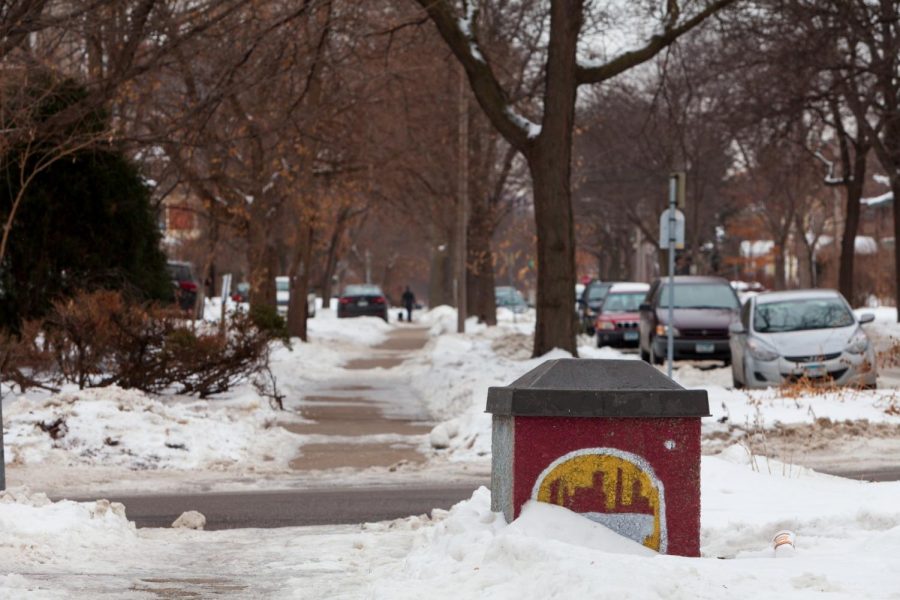Dave Feehan loves Dinkytown. As a member of a group dedicated to preserving the ‘Dinky-ness’ of the area, he wants to do everything he can to make it better. But the projects cannot move forward for free.
The University of Minnesota’s Good Neighbor Fund (GNF) is taking applications and some local groups are gearing up to request funding for their projects.
GNF supports University-area communities through a grant established in 2007. The original purpose of the grant was to support local governments, organizations and businesses through the changes brought about by the creation of TCF Bank Stadium. This year, $45,000 is up for grabs.
“It was an opportunity for the neighborhoods to address and essentially help beautify and improve the serenity, security, etc., of the community that surrounds the space,” said J.D. Burton, the University’s chief government relations officer.
In recent years, the grant has been awarded to a range of projects and initiatives, from improving bike parking in St. Anthony Park to the preservation of murals in Dinkytown.
Feehan, the co-chair of Preserve Historic Dinkytown, will be assisting the Marcy-Holmes Neighborhood Association with their grant proposal for this year to assist Dinkytown businesses.

He said they hope to put the funds toward a variety of projects, primarily a small-scale business improvement district which showed promise following work done by a group of student interns this summer.
“Business improvement districts are common in the United States and they’re really important,” Feehan said. “It’s really an attempt to create a sense of community and to fix some of the things that need fixing.”
Southeast Como Improvement Association (SECIA) brainstormed their possible proposals for this year at a recent meeting, including a mini eco fair, an intergenerational connection and social justice initiative and a welcome packet to promote diverse involvement in the neighborhood organization. SECIA is planning to continue discussions about their proposals in the coming months before applying for funding.
The University’s hiring freeze and other staffing changes have presented minor obstacles in this year’s application process, but Burton said it’ll be business as usual for the awarding process.
In order to qualify, applicants must be a part of the Stadium Area Advisory Group and demonstrate “financial accountability,” according to its website.
Merrie Benasutti, a community coordinator from the University’s Office of Public Engagement, said there are sometimes “domino effects” created by grant award decisions — when a recipient is announced, other funders sometimes match dollars to complete the project.
Though there are no maximum or minimum award limits, the fund’s website encourages applicants to be mindful of funding availability. Applications can be found on the fund’s website and are due April 15. An advisory committee will decide on final awardees, who should be notified around July of this year.















